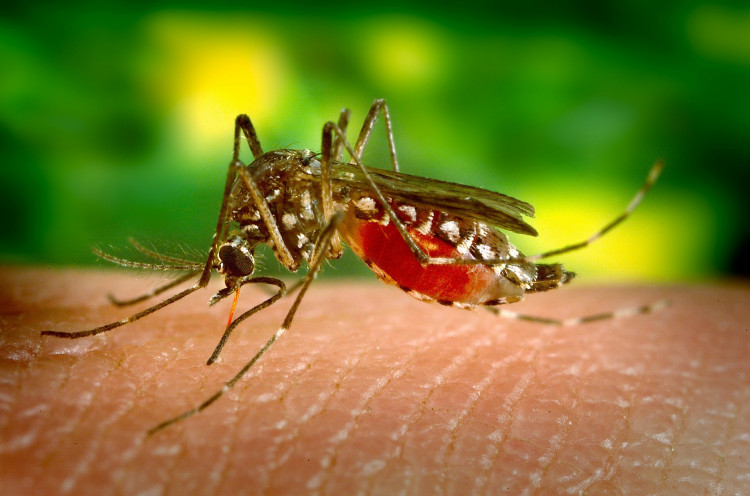The cases of dengue fever in Hong Kong gradually decreased with no reported local infections for more than a week. But still, medical experts warned there's still a threat from imported cases.
From August 14 until last Tuesday, there are 29 confirmed cases, in which all of them contracted the virus near Lion Rock Park in Wong Tai Sin or the outlying island of Cheung Chau. And since then, there are no new cases reported.
Professor Ivan Hung Fan-ngai, who is an infectious diseases expert from the University of Hong Kong, said the threat of contracting dengue in these hotspots is now under control.
The government closed the Lion Park for 30 days since August 17, while they also did the same on Cheung Chau - which is the home to more than 20,000 people.
Health minister Professor Sophia Chan Siu-chee said on Tuesday that dengue outbreak was "more or less under control." She pointed out the rate of new cases slowed down and noted there are no new cases over the past week.
On Wednesday, the Food and Environmental Hygiene Department released preliminary ovitrap index figures for the first week of September. They showed the percentage of traps found with Aedes albopictus mosquito eggs or larvae. The figures did not reveal those for Wong Tai Sin or Cheung Chau, but they showed that no special operation needed at On Shan, Tai Wai, Chai Wan West, North Point or Wan Chai North.
The sudden surge of local dengue cases in the city has made the authorities caught off guard, and now experts suggest they should improve preparedness.
Dr. Ho Pak-leung, who is a microbiologist from HKU, said authorities should introduce other methods of mosquito surveillance, including trapping mosquitoes in places prone to having more breeding spots and as identifying the presence of larvae in outdoor water containers.
According to the South China Morning Post, most patients infected with the virus over the past years were bitten outside the city, with only a handful contracting the virus locally. The Centre for Health Protection has recorded 77 imported dengue cases this year, particularly from Cambodia, Thailand, and the Philippines.
"We are still seeing imported cases ... and the temperature is still high," Ho said.
Mosquito breeding usually increases during the months of summer - when it is hot and wet. Hung also suggested that those who visited other countries where dengue is prevalent should use mosquito repellent for at least two to three weeks after they return to Hong Kong to prevent spreading the virus.






